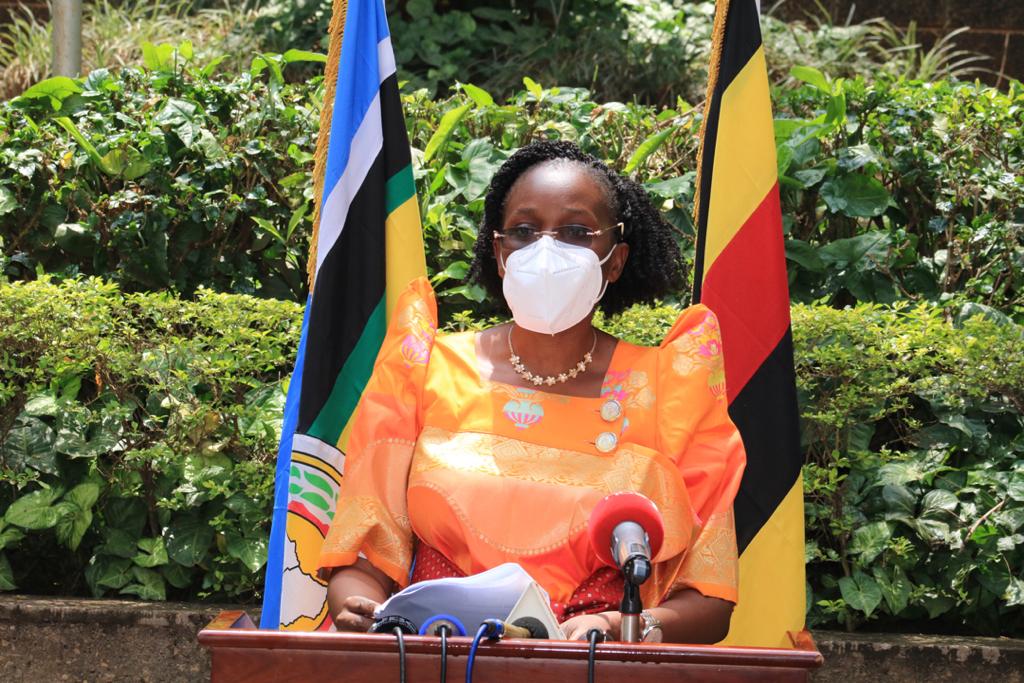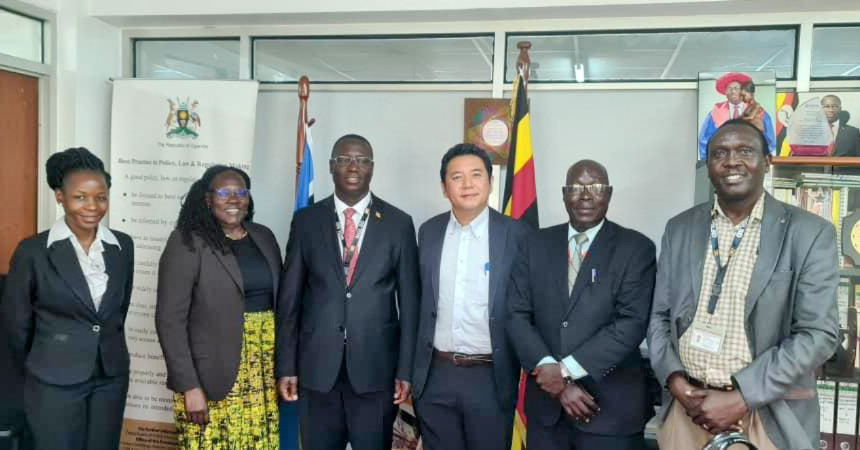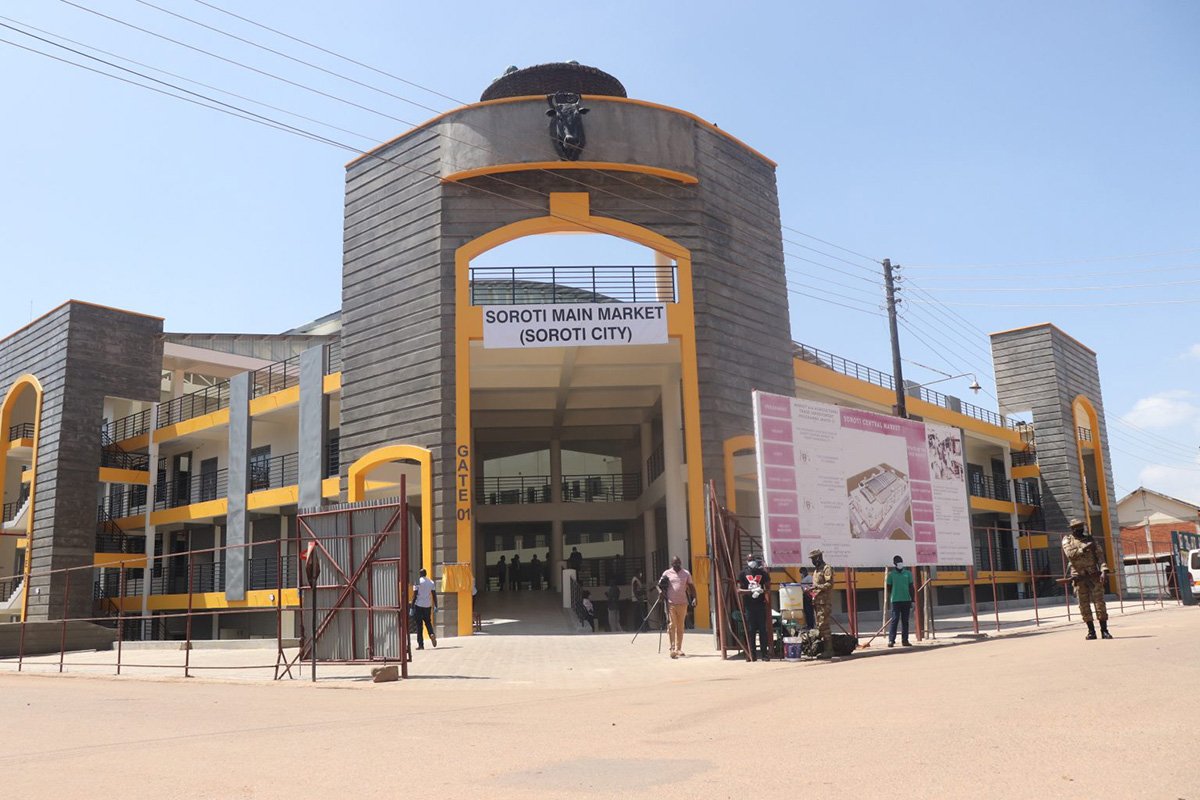Uganda’s ICT sector has made significant progress in implementing the National Resistance Movement (NRM) Manifesto commitments for 2021-2026, according to a report presented by ICT Minister Hon. Chris Baryomunsi.
The report highlights substantial achievements in ICT infrastructure, digital services, and innovation, despite facing notable challenges.
Expanding ICT Access
The government has increased mobile cellular voice coverage to 89% of Uganda’s geographic area, with 72% of the population now able to access basic voice services. Broadband services now cover 85% of the population, boosting internet penetration from 25% in 2017 to 67% in 2023/24. Additionally, over 4,387 km of optic fiber cable has been laid across 57 out of Uganda’s 135 districts.
ICT access in education has also expanded, with 1,400 public secondary schools and tertiary institutions now equipped with ICT labs, and 485 schools receiving subsidized high-speed internet connectivity.
Digital Transformation and E-Government Expansion
The government has digitized 62% of its services, allowing citizens to access them via websites, emails, social media, and mobile applications. Key systems such as the Parish Development Management Information System (PDMIS), e-Health, and e-Government platforms have been rolled out nationwide. The data-sharing platform UGhub, now integrated with 146 public and private entities, is facilitating seamless information exchange.
Promoting Digital Literacy and Innovation
Over 15,600 Ugandans, including women and youth, have been trained in digital literacy, alongside 1,694 government officials receiving specialized ICT skills training. The government has also established three regional ICT innovation hubs at Kabale University, Soroti University, and Muni University, with support extended to 132 innovators and six private ICT hubs.
Locally developed technologies, such as a smart animal tag, an automated farm irrigation system, and a solar-powered silver fish drier, are being nurtured through government-backed innovation grants.
Future Plans and Challenges
Moving forward, the government aims to expand broadband infrastructure, integrate more digital services, and commercialize local ICT products. However, challenges such as inadequate funding and gaps in regulatory frameworks remain barriers to full implementation.
Despite these hurdles, Uganda’s ICT sector is on a positive trajectory, driving digital transformation and fostering innovation to support economic growth and national development.

















